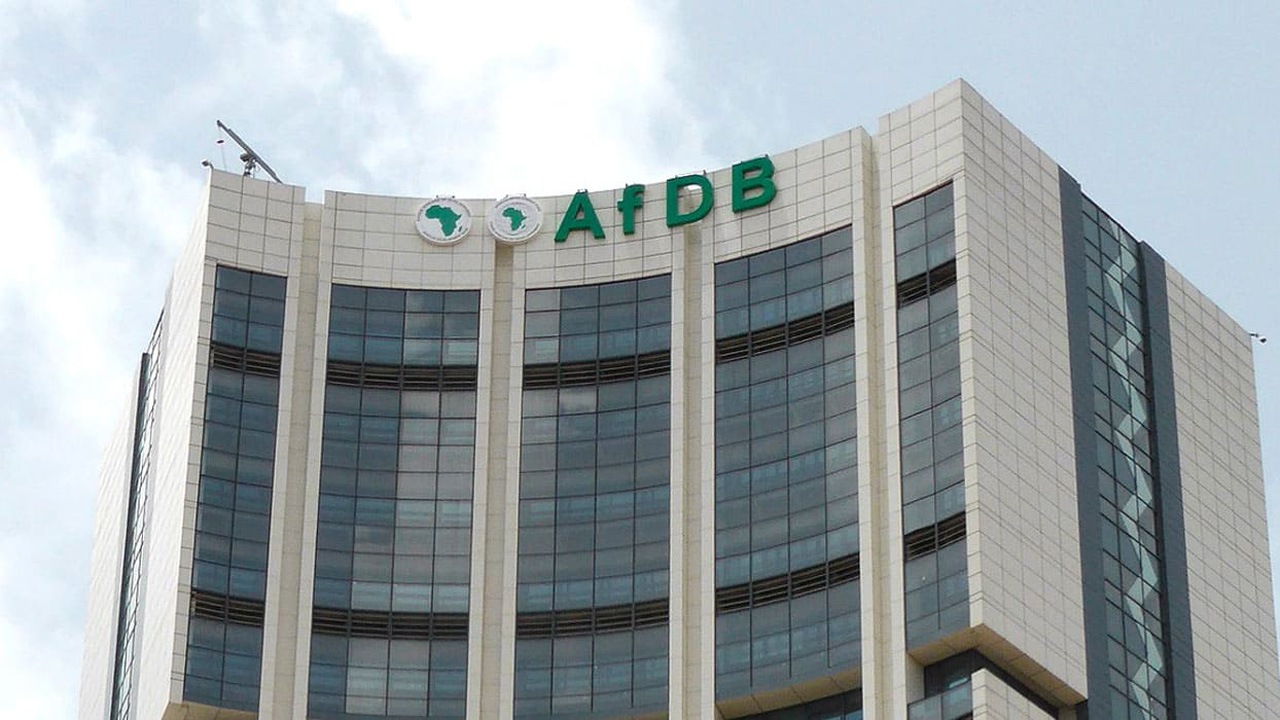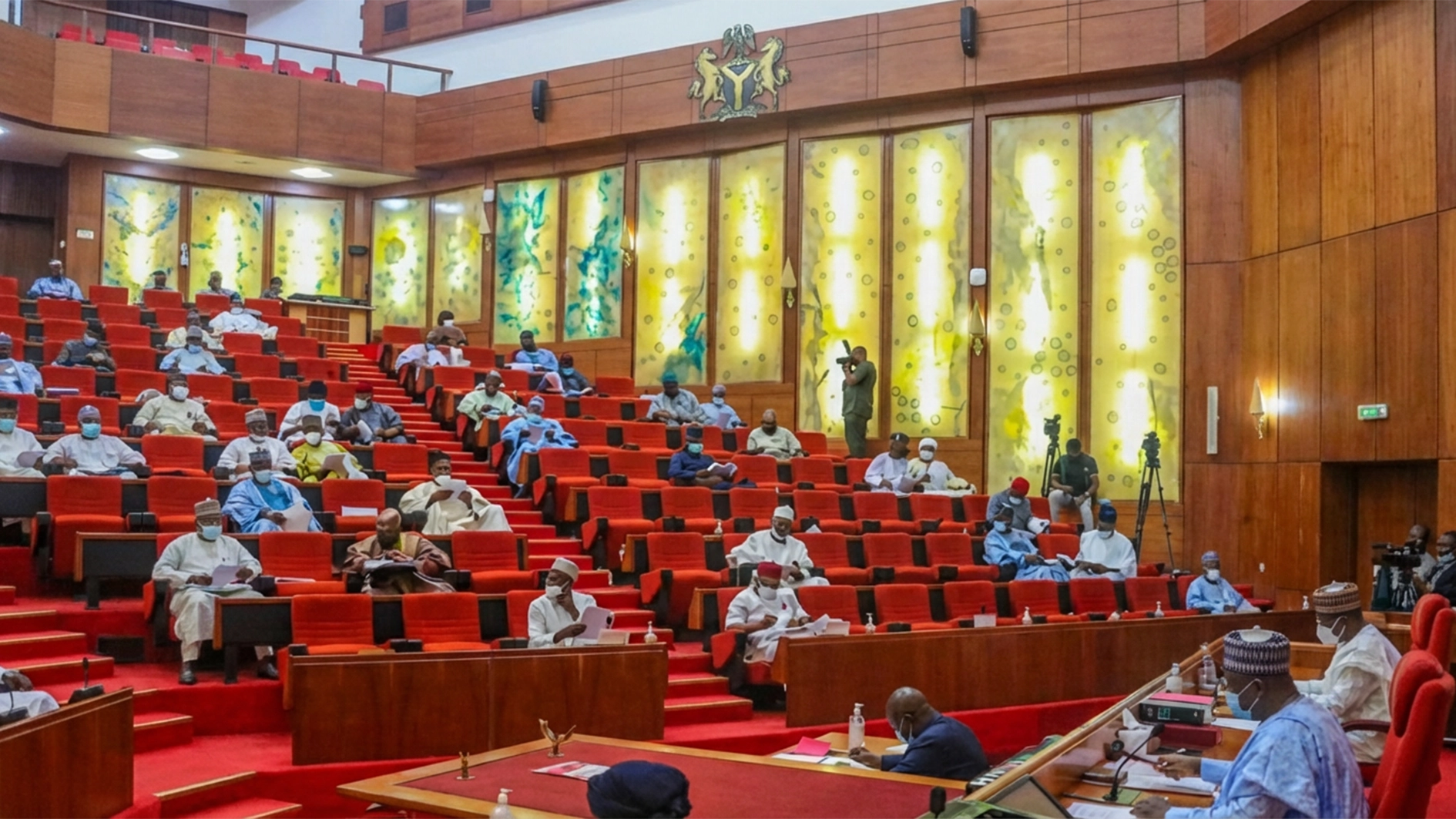
African Development Bank (AfDB) has criticised Nigeria’s decision to concentrate on import substitution model, instead of creating wealth through export market development and product diversification.
This was as Director General of Nigeria Employment Consultative Association (NECA), Adewale Oyerinde, called on the Federal Government to abolish taxes on carbonated drinks, saying suspension by President Bola Tinubu is not enough.
Speaking in Abuja, yesterday, at the Nigeria Employment Summit, organised by NECA, Oyerinde insisted that improving taxes on manufacturing outfits amounts to digging while in a pit.
He said: “While suspension of the taxes for three months is good, a total reversal will be of help. Government must know when, how and what to tax for taxes to be effective. The taxes that were introduced at the twilight of President Muhammadu Buhari’s administration are injurious to the manufacturing sector and should be jettisoned totally.”
In his keynote address, Lamin Barrow, who is Director General, Nigeria Country Department, African Development Bank Group, said limited non-oil exports have left Nigeria exposed to the vagaries of global oil markets, with adverse impacts on fiscal space and constrained development spending.
He argued that while the share of manufacturing in Nigeria’s GDP has remained around seven per cent, performance of the sector deteriorated in the past five years.
He said: “Between 2010 and 2020, the yearly food import bill averaged $6.4 billion while earning $1.2 billion yearly, on average, from its food exports over the same period. The revenue concentration is compounded by a poorly performing agricultural sector characterised by limited mechanisation, low productivity and underdeveloped value chains.”
He added: “Nigeria’s revenue-to-GDP ratio, at about eight per cent, is among the lowest globally and lags behind the West African average of 13 per cent. Nigeria currently faces huge fiscal deficits, estimated at six per cent of GDP, attributable to high public expenditures, amid dwindling revenues from crude oil exports.”
Other measures that should be prioritised include improving tax collection and administration, plugging leakages in collection and enhancing efficiency of public investment programmes.






